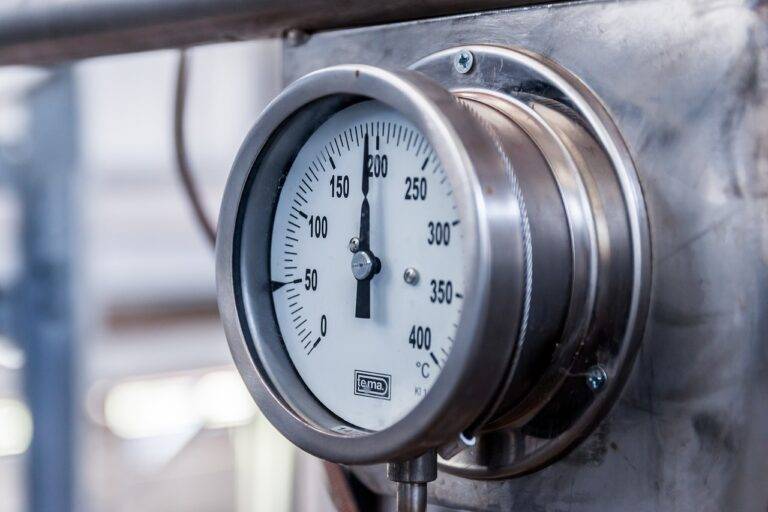The Rise of Smart Agriculture: IoT Sensors, Precision Farming, and Agricultural Robotics
Smart agriculture has revolutionized traditional farming practices, integrating technology to increase efficiency and productivity in the agricultural sector. Through the use of advanced tools and techniques, farmers can monitor crop conditions, soil quality, and weather patterns in real-time, enabling data-driven decision-making for optimal crop cultivation. This shift towards smart agriculture has paved the way for sustainable farming practices that prioritize resource efficiency and environmental conservation, ultimately leading to improved yields and profitability.
The evolution of smart agriculture has been driven by the constant innovation and integration of Internet of Things (IoT) sensors in modern farming practices. These sensors play a crucial role in collecting essential data on various aspects of crop production, such as temperature, humidity, pH levels, and nutrient content in the soil. By analyzing this data, farmers can make informed decisions on irrigation schedules, fertilizer application, and pest management strategies, contributing to the overall success of the farming operation. The widespread adoption of IoT sensors in agriculture signifies a paradigm shift towards precision farming, where farming practices are optimized to ensure sustainable and efficient food production for a growing global population.
The Role of IoT Sensors in Modern Farming
IoT sensors stand at the forefront of revolutionizing modern agriculture. These small devices have the capability to collect vast amounts of data from farms, enabling farmers to make informed decisions based on real-time information. By monitoring crucial variables such as soil moisture levels, temperature, and crop health, IoT sensors empower farmers to optimize their farming practices for enhanced efficiency and productivity.
One key benefit of IoT sensors in modern farming is their ability to facilitate precision agriculture. Through the use of these sensors, farmers can precisely monitor and manage different areas of their fields, tailoring irrigation, fertilization, and pest control to specific needs based on data-driven insights. This targeted approach not only promotes sustainable farming practices but also leads to improved crop yields and resource utilization.
What is smart agriculture?
Smart agriculture refers to the use of modern technologies, such as IoT sensors, to improve efficiency and productivity in farming practices.
How do IoT sensors benefit modern farming?
IoT sensors help farmers monitor and control various aspects of their operations, such as soil moisture levels, temperature, and crop health, leading to optimized yields and resource usage.
Can IoT sensors be used in all types of farming?
Yes, IoT sensors can be implemented in various types of farming, including crop cultivation, livestock management, and greenhouse operations.
Are IoT sensors cost-effective for farmers?
While there is an initial investment required for implementing IoT sensors, the long-term benefits, such as increased yields and reduced resource wastage, make them a cost-effective solution for farmers.
How do IoT sensors contribute to sustainability in agriculture?
By providing real-time data on environmental conditions and crop health, IoT sensors enable farmers to make informed decisions that lead to sustainable practices, such as precision irrigation and reduced use of pesticides.
Are there any challenges associated with implementing IoT sensors in farming?
Some challenges include ensuring reliable connectivity in remote areas, managing and analyzing large volumes of data generated by the sensors, and addressing concerns related to data privacy and security.





